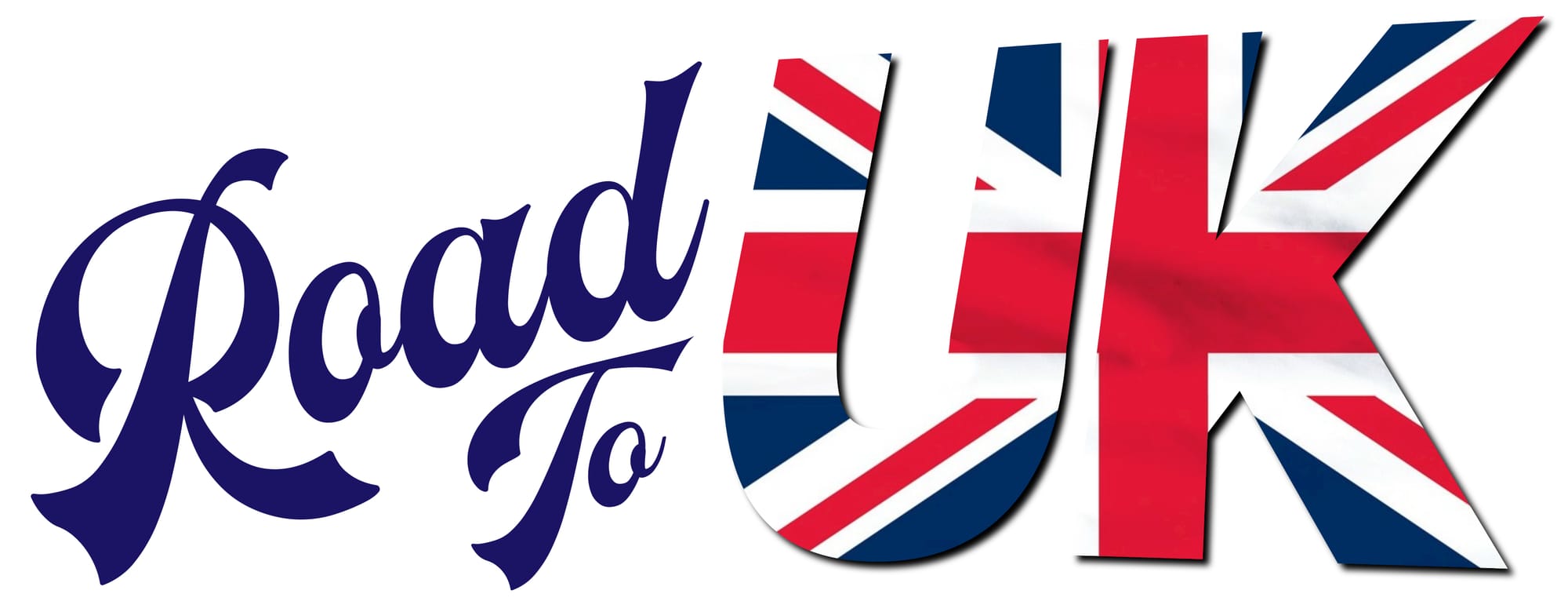Specialty Training in the UK: Application Timelines

Recently, the Resident Labor Market Test (RLMT) has been lifted so that international graduates and British/EU/EEA applicants alike can apply for specialty training in the UK. So what does that mean? It means that a whole new opportunity has arisen for IMGs. Once thought to be impossible specialties are now available to IMGs. This is why you should plan for entering specialty training in the UK as per their application timelines.
It’s for this reason that you must be smart about how you go about planning and prepping for the application you wish to submit so that you have a good chance of landing a seat in Round 1. So let’s talk about the recruitment timelines for different specialties in the UK.
When do the specialty training applications open?
Everyone is now eligible to apply in Round 1, but if you feel that you haven’t met all the person specifications and criteria listed for your specific specialty training, you can always apply in the re-advert. The only drawback of applying in the re-advert is that there may not be as many seats available as during the initial posting, those seats may have been taken.
Please find specialty specific person specifications here: specialty training opportunities in the UK
As for ST3/ST4 level recruitment, it is different for different specialties. Following specialties will follow the timetable below:
- Acute internal medicine
- Cardiology
- Endocrinology and Diabetes mellitus
- Geriatric medicine
- Renal medicine
And the following round 3 application is the re-advert of unfilled posts from, both Round 1 and Round 2.
For updated dates, please check the official recruitment websites.
Where are training jobs advertised?
Oriel is the site to find all training posts. No agency can guarantee you a training post, it is on your own merit and application that you will get a training job. Occasionally you may find that some recruitments are done via NHS jobs as well, but Oriel is the first and main place.
Training post for the Medical Training Initiative (MTI) are not listed on Oriel. If you are interested in pursuing an MTI post, check out our comprehensive article on the topic.
What are the person specifications for different specialty training application?
Which specialty would you like to know about? We have an extensive post we’d suggest you first check out, which will give you a general overview of specialty training. For a more focused approach to certain specialties, choose to your heart’s content from our list below:
- OB/GYN Training
- Paediatrics Training
- GP Training
- Clinical Radiology
- Career in different branches of Pathology
- Emergency Medicine
- Anaesthesia
- Training in Medical Specialties
- Training in Surgical Specialties
Please find specialty specific person specifications here: specialty training opportunities in the UK
How to get the CREST form signed?
One of the primary things that need completing is the ‘Certificate of Readiness to Enter Specialty Training’ or the CREST form. This form has been updated and modified, so please make sure that you are using the latest version of the CREST form otherwise it WILL NOT be accepted.
The following individuals can sign your competency form:
- Consultants
- GPs
- Clinical Directors
- Medical Superintendents
- Academic Professors
- Locum Consultants with CCT/CESR
The person who signs it must have worked with you for a consecutive 3 months within the last 3.5 years from the start date of the post in question. They do not have to personally witness your completing all the professional capabilities listed; if there is sufficient alternative evidence at hand that you have demonstrated these capabilities, they can sign you off. Please note that clinical attachments/unpaid rotations WILL NOT count towards the 3 month requirement.
If the individual signing your competencies is registered overseas, it is your responsibility to provide the necessary evidence proving their registration. You must attach proof of their registration along with your CREST form and translate any part of the document as needed. If they have had GMC registration but no longer hold it, it will not be considered.
But what does this RLMT thing really mean?
There was a Resident Labor Market restriction for international medical graduates before, which prevented them from applying in initial rounds of application timelines of all the specialty training (except for GP training). From October 6, 2019 – all medical practitioners will be in the shortage occupation list – thus RLMT exempted.
So what does it really mean?
- You don’t have to wait for re-advert rounds to apply anymore. You can apply in round 1 and/or 2, in ALL the specialties. The playing field has now been levelled for everyone.
- Tier 2 visa fee will be less expensive as compared to before. Check this article – Online Application for TIER 2 visa (Health and Care Visa).
Should I apply for training directly without any NHS experience?
Frequently asked questions
How can I prepare for my specialty training application?
A good place to start is by first checking the person specification for whichever training you’re interested in and setting goals for whatever you need to do according to their selection criteria. Be proactive when it comes to participating in audits or QIPS, and try to participate in as many teaching sessions as you can.
I have my MRCP/MRCS complete. Am I eligible for ST3 training application?
Having an MRCP/MRCS is ONE of the criteria for ST3 application. There are many others depending on the person specification for your desired specialty. Check that out.
The world of specialty training is now your oyster in the UK, and if you play your cards right and ensure you have a solid application, nothing can stop you from entering the training of your dream.

